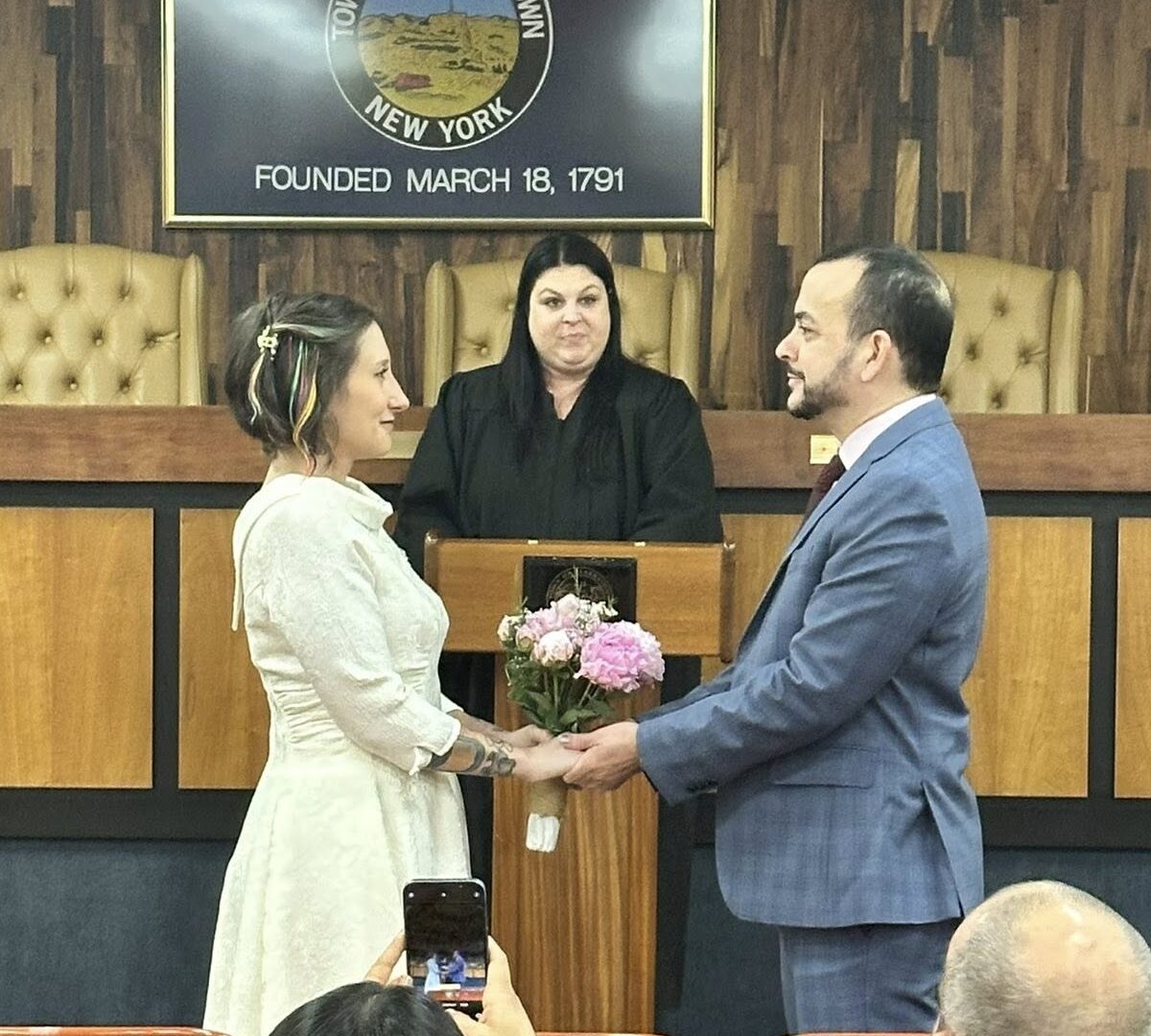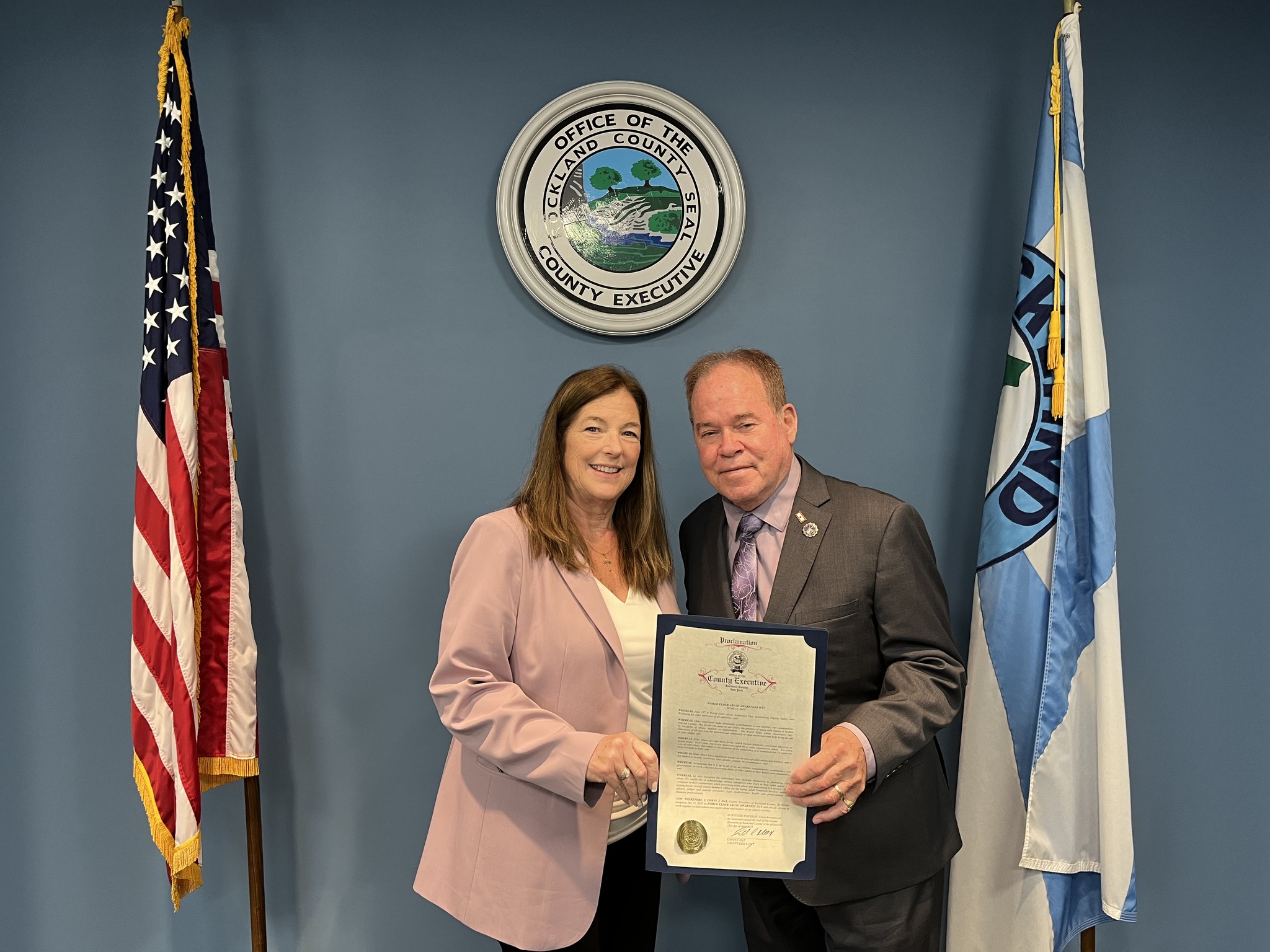This month I highlighted a very real issue that is more prevalent than most people realize — elder abuse.
Every year I shed light on June being Elder Abuse Month by issuing a proclamation on World Elder Abuse Day on June 15th, in hopes of putting an end to the neglect and exploitation often happening in plain sight.
In fact, approximately 1 in 10 Americans ages 60 and over have been a victim of some form of elder abuse. That is not a number we can ignore. What’s even more troubling, the abuser is often the elder’s own family.
This type of abuse isn’t always obvious and can take many forms including financial exploitation, emotional manipulation, physical or sexual abuse, or even outright abandonment. What makes it even more troubling is that for every case that is reported, studies show that another 24 cases are never brought to light. That number of silent victims is staggering and will leave elders feeling trapped, ashamed, or simply unseen. As a former Police Detective Commander, I understand the criminality of this, along with the pain inherent to victims.
What can be done to stop this?
To our older adults, protecting yourself starts with staying connected. Stay involved in the community, engage with others, and maintain close relationships with trusted friends and family. Social isolation doesn’t just increase the risk of abuse; it also chips away at the sense of dignity and belonging we all deserve as we age.
As for neighbors, family, friends – stay alert; ask questions, pay attention, and if something feels off, speak up. Never assume someone will step in.
Let’s also take a moment to recognize our caregivers, which have a tough responsibility. It’s without question emotionally and physically draining, and burnout is very real. That’s why support for caregivers is just as important. I remind residents our Rockland County Office for the Aging (OFA) offers many different forms of support, including a Respite Program that provides a stay for elders at an assisted living facility or in-home care provided by a qualified personal care aide. Best of all this program is completely free and is available to help caregivers get a much-needed break and support.
I’d like to thank the incredible unsung heroes in Rockland who work every day to prevent elder abuse which includes my administration’s Office for the Aging and Adult Protective Services, along with our officers, judges and judicial personnel, legal professionals, health care professionals, and more.
If you or someone you know is being abused, or to find out more information about OFA’s respite program, contact the Rockland County Office for the Aging at (845) 364-2110.
* This is a weekly column by Rockland County Executive Ed Day.


 Crime1 week ago
Crime1 week ago
 Government4 days ago
Government4 days ago
 Crime1 week ago
Crime1 week ago
 Business1 week ago
Business1 week ago



















